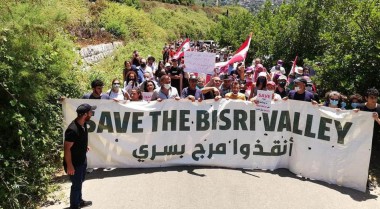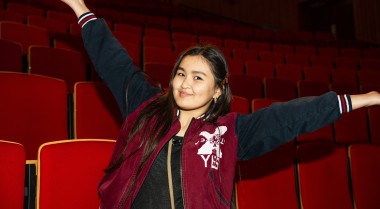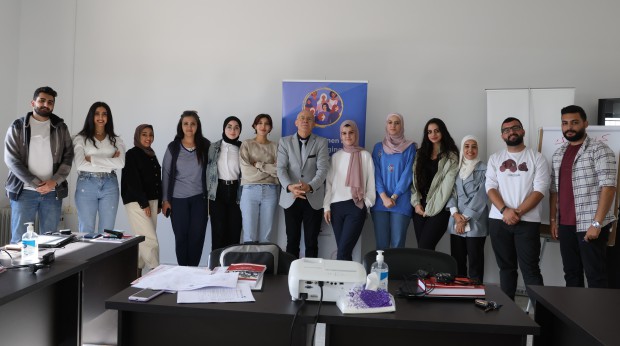
What happens in Lebanon today, happened yesterday in Gaza
Can you imagine that you hear on the radio or per sms or WhatsApp that you should leave your house within an hour or else you might die because a military attack is imminent? This is the reality in Lebanon right now. They told us the same in 1983 when I lived in a small village in the north of the country. We were asked to leave for one day and told we could return the next. But it took me 20 years to come back.
When I look outside my window today, I see so many internally displaced people, fleeing from Israel’s "pager explosions" on 17 September—a crime against humanity—and the airstrikes that began on 23 September. Their situation mirrors my own past. All the images of senseless violence come flooding back, where hundreds of villages, including my own, were destroyed. History is repeating itself. People forget too easily, neglecting the lessons learned. Once again, Lebanon is caught between war and peace. And sadly, it seems the majority of the population is heading towards war.
But I see every war as an opportunity to build peace again. We, the civil society and all who work for peace, will continue to push for the peace track. As civil society, we must raise our voices worldwide—at international forums like the EU, the Arab League, and the UN—demanding a ceasefire and promoting tolerance, peaceful conflict resolution, and nonviolence in the broader Middle East. The international community must also take responsibility, starting with adopting and respecting existing UN resolutions. Those who ignore these resolutions are not just violating international law but also disregarding human rights. Peace and security are collective responsibilities, not just Lebanese issues. Civil society around the world can promote the values of tolerance, peaceful conflict resolution, and the language of non-violence. We can encourage conflicting parties to meet and engage in dialogue. By doing so, we give hope.
We face many challenges in Lebanon. Our government is so weak that we effectively don’t have one. And because of this, the international community isn’t supporting us. We are living in a bankrupt state. But even if we had a functioning government, it couldn’t do everything.
This is where civil society plays a huge role. Civil society directly reflects the people because it comes from the people. It is very flexible and adaptive. In Lebanon, we have moved from one war to another for years, and we know how to cope with these situations. For instance, for the past five years, my organisation, Permanent Peace Movement, together with UNDP, has been forming local committees in villages and towns across Bekaa and Mount Lebanon. These committees include representatives from municipalities, local leaders, the private sector, and youth clubs, to name just a few. We train these committees in community protection and conflict sensitivity, teaching them how to identify risks based on the principle of “Do No Harm” when formulating projects. Each committee has between 10 to 30 members.
Given the current situation in Lebanon, these committees have now transformed into relief bodies working to meet the needs of displaced people. The number of displaced individuals has exceeded 1,250,000, which is far beyond the local capacity to address all their needs. So now, the Permanent Peace Movement is focused on connecting these committees with relief donors to help tackle the growing needs of internally displaced people.
What is happening in Lebanon today happened yesterday in Gaza. Crimes against humanity and war crimes are being committed everywhere. This is why people in Lebanon, Gaza, and across the Middle East need psychosocial support to cope with the horrific consequences of war. Every family has been touched by violence—whether it’s violence against children, women, marginalized groups, the elderly, or people with special needs.
We cannot have peace without justice. Justice is the foundation of sustainable peace, and justice is about rights—the right to live with dignity, free from fear and violence.
War is not the answer. In every war, there are no winners. Everyone knows this. We are all losers.


